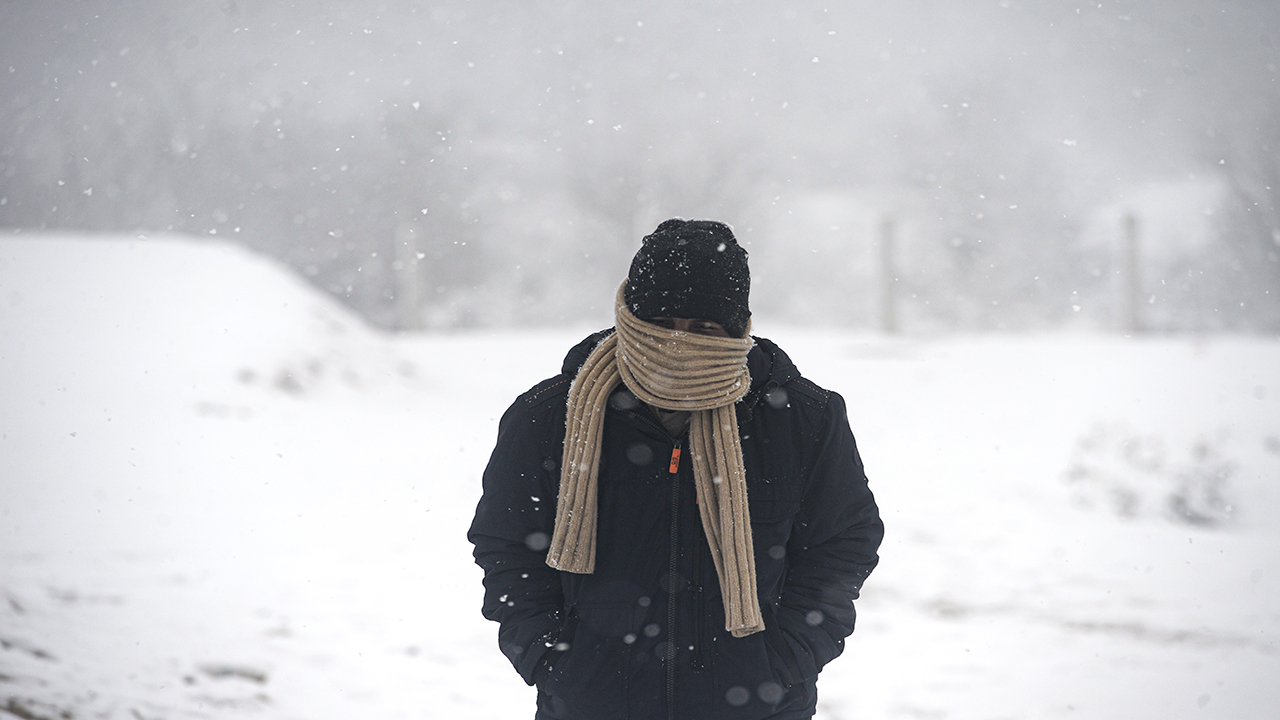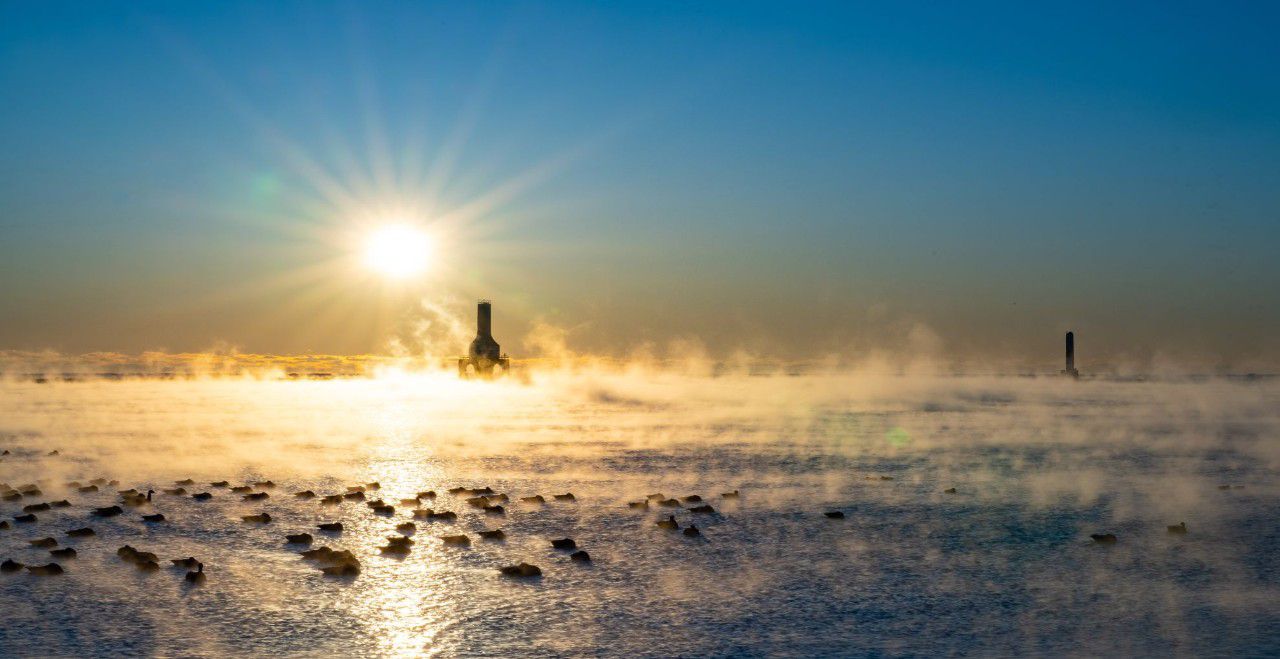I moved to Wisconsin after living in the state of Louisiana for 15 years. While there, I met my wife and had kids all in that same warm and tropical environment. In 2021, we got the opportunity to move closer to family. However, my wife and kids had never lived in a cold and snowy region.
"I'm going to freeze to death" was my wife's ongoing joke. For her, Wisconsin truly is the "Frozen Tundra."
I kept telling her, "Don't worry, you'll get used to it." But do we truly ever get used to it? So, I decided to do my research. I wanted to find out more about how our bodies adjust to the colder weather or a colder climate.
The good news is the human body is quite remarkable. Our body, in numerous ways, has a great ability to acclimate to colder temperatures.
People have always lived in a wide variety of climates. To adjust to these climates, humans have adapted physiologically, genetically and culturally.
The Inuit people of the Arctic have higher metabolism rates to produce additional body heat.
The Aborigines of Australia have a different biological response. Numerous studies have shown additional fat insulation around vital organs and a change in blood flow patterns help them keep warm in the harsh environment of the Outback.
Research proves that humans will evolve to the cold with time, but how do our bodies react to the immediate shock of frigid temperatures?
As we all know, the human body likes to be in a state of equilibrium, called homeostasis. The average internal temperature for a person is about 98.6 degrees Fahrenheit.
To keep your body at homeostasis, your body goes through a process called thermoregulation. When your body gets too cold, you shiver. When your body gets too hot, you sweat.
Luckily for us, our bodies have a built-in thermostat called the hypothalamus. Receptors in your skin send signals back to the hypothalamus to modify your core body temperature.
The hypothalamus then notifies the brain to start a process called vasoconstriction to combat the cold air that surrounds you. The muscles around your blood vessels tighten to reduce blood flow to your extremities.
Ultimately, the process decreases your heat loss and, therefore, keeps you warmer on a chilly day.
Sometimes your ability to adjust to the cold is more than just your body modifying your internal temperature. It depends on your physical condition, your age and your health. Not everyone's metabolic rate is the same.
If you have a high metabolic rate, you produce more heat than someone who does not.
Lean people have a tough time tolerating the cold because they have less fat to insulate skin tissue. Elderly people have delayed and reduced response times to cold temperatures compared to younger generations.
In many cases, medications may interfere with the way your body responds to a cold snap. You should always check with a physician about the side effects of a prescribed drug. There could be another alternative.

Besides time and natural conditions, there have to be other ways to accelerate your acclimatization to a bitterly cold winter, right?
I was able to find a few simple tricks to help you cope with the cold in a shorter time. The whole process usually takes about two to three weeks for your body to get adjusted.
Unfortunately, you may feel quite uncomfortable at times.
1. Fight the cold with cold
- Get outside more often. You should spend at least two hours a day outside. Start short and gradually add 15 minutes per day.
- Avoid overdressing. Wear just enough clothes to keep warm. Try a scarf with fewer layers around your body. A scarf tricks the brain by warming the blood in the neck.
- Turn down the thermostat. Slowly start decreasing the temperature in your house to a level you can tolerate. It will also save you money.
- Take cold showers. Research has shown that regular cold showers can reduce your metabolic rate by 30%. I know that sounds tough, but start by alternating the water from warm to cold. Try longer periods each time.
- Drink ice-cold beverages regularly. Avoid hot drinks such as coffee, tea or hot chocolate.
2. Increase your activity
- Daily exercise will keep your metabolism at a healthy level and generate heat for your body.
- Shovel the driveway, snowshoe or continue to take walks.
3. Eat properly
- Getting extra calories from good fat is a great way to fuel your body during the winter months.
- Keep a well-balanced diet. You still need protein and carbohydrates.
Regrettably, you will never be able to completely beat the deep chill, but there are ways to handle the frigid temperatures a little better. If you are not a fan of the cold, you can always add extra layers.
Remember, when it comes to the cold, shivering is a good thing. Your body is making sure you do not "freeze to death."
Our team of meteorologists dives deep into the science of weather and breaks down timely weather data and information. To view more weather and climate stories, check out our weather blogs section.



